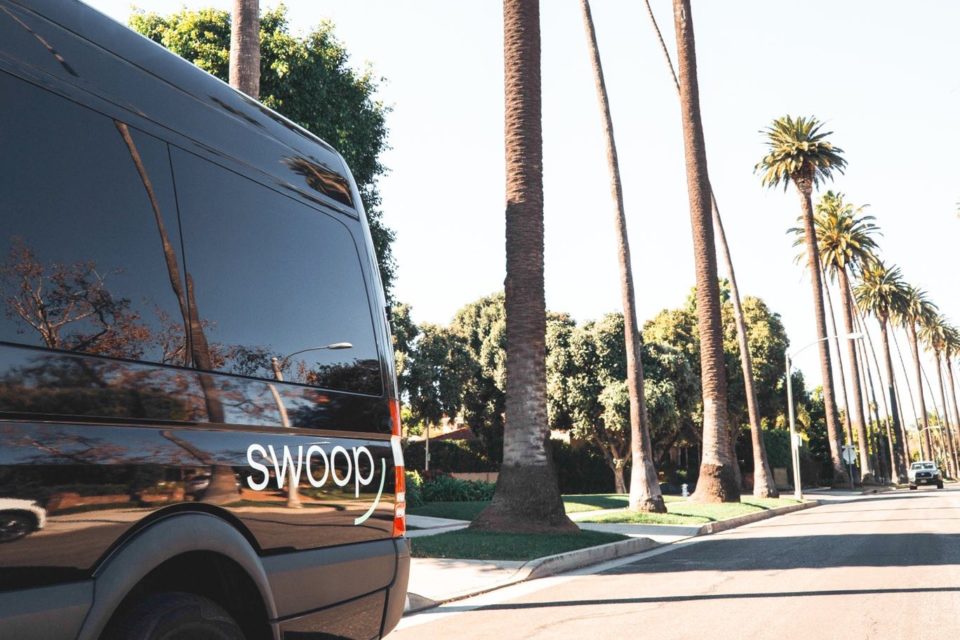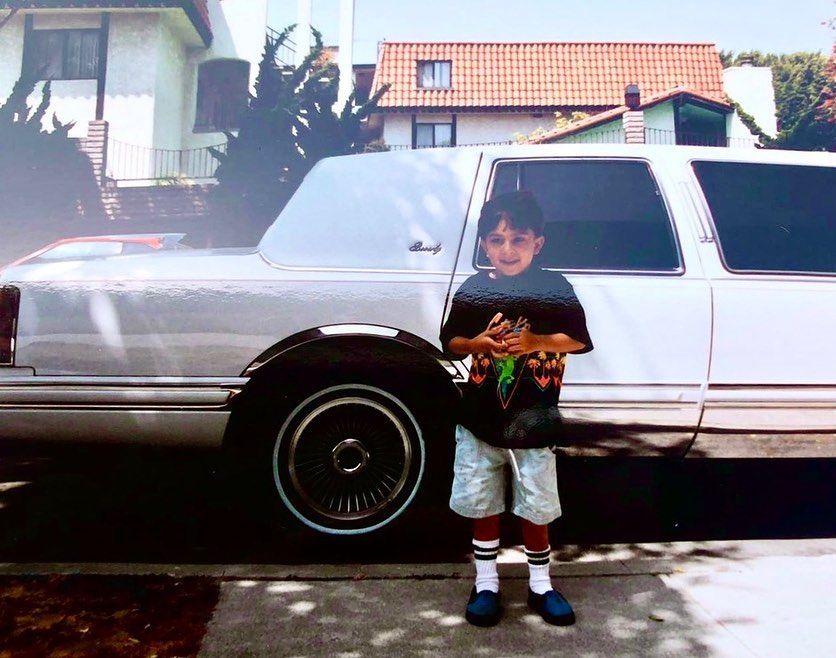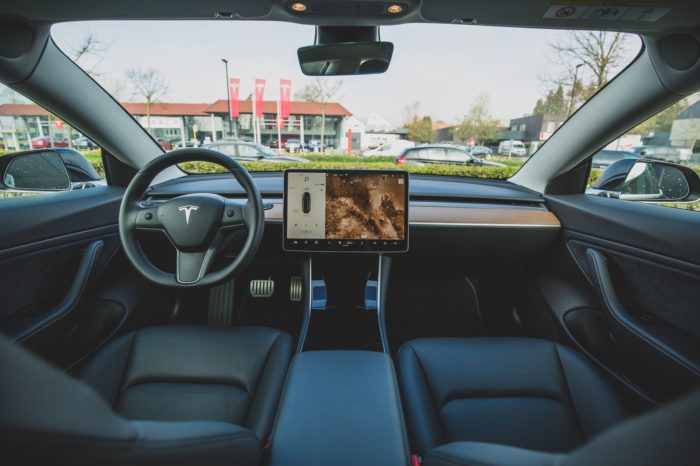Swoop: Saving an Overlooked $40 Billion Industry That Uber and Lyft Ignore

Swoop is a Los Angeles-based transportation startup that aims to bring small, local limousine operators into the digital age with a new software-as-a-service platform helping them adapt in this COVID-19 era. With a fresh injection of capital, Swoop is ramping up its SaaS product in hopes of tapping into a marketplace where customers spend $40 billion annually.
How Swoop came to fruition is very personal. My parents immigrated from Iran and started a limousine and party bus company in Los Angeles. From the moment I could crawl, I was playing around the office. By the age of three, I was handed my first towel and washed a few rims to stay busy. As I got older I gradually became more and more involved in the daily business operations. Being heavily interested in video gaming and other new technologies that hit the market every holiday season, I quickly noticed my parents’ booking system and operations dashboard were outdated and never got updated.

Swoop’s Founder Amir Ghorbani in his younger days
Throughout my college years, my friends would always look to me to organize a party bus for them on the weekends because it was a hassle for them to book. They weren’t confident they were getting the best deal unless they visited the lot in person. Over time I saw first hand how the younger generations weren’t attracted to the archaic booking process for limos and party buses, but the demand was there.
When you set out to build a product, typically the goal is to solve an issue that you’re fed up with. I teamed up with some of the same friends who were asking me to help them book party buses and we created Swoop.
The funny thing is, Swoop actually started out as an on-demand service. My parents would lend us the vehicles that weren’t being utilized and we would have a few Sprinter vans on the road throughout the weekend. The team downloaded Slack to feel more professional, subscribed to rudimentary on-demand software, and launched what was recognized as “Uber for groups.”
From the very beginning we did whatever it took to get eyes on our product. In the early days we applied large Swoop stickers on the vehicles and pulled up to events around town to show them off. We handed out flyers with promo codes and even gave some free rides to larger groups. This worked well to get our name out in the community, but didn’t really translate to consistent sales.
Through this, we gained a ton of knowledge while getting a realistic gauge of what the industry was missing. It boiled down to the booking experience. We realized that normal people liked to schedule in advance. Not everyone in the world is a kid fresh out of college.
Swoop then pivoted to creating a marketplace so mom and pop transportation companies can register their vehicles on our platform and users can simply book whichever one they preferred. My parents’ shop became the first vehicle operator on our Swoop platform. Shortly after, we returned the favor by increasing their sales by over 20%. Without my parents and their generosity, we would be far behind where we are now. Realistically speaking, we probably would have never started.
In order to capitalize on the progress we created, our business development team strapped on their boots to create more opportunities. Peter and Ruben, who led these efforts, pitched Swoop to become the preferred transportation partner at some of the best wedding venues in LA. This led to some cross-marketing through websites like Wedding Wire and The Knot, which spawned into more partnerships at new venues. We then created a wedding planner referral program to provide a commission for suggesting our services. The wedding industry soon became our largest revenue stream.
With the world put on pause due to COVID-19 we’ve had a moment to reflect on how far we’ve come and how we should plan to move forward. Our sales took a steep decline, however, we knew there were holes in the industry that needed to be filled and this gave us time to plan accordingly.
The wedding industry soon became our largest revenue stream.
The vehicle operators we worked with were communicating through so many different channels and had so many different processes that the overall experience for the customer was being affected. Some of the operators we came across were still writing down their scheduled trips by pen and paper. Swoop depends on the service the operators provide and their capability to communicate with us. We realized this has been an issue and will continue to be if we don’t do anything about it.
That’s why we’ve decided to shift our focus to developing software for operators that will manage their fleet, provide networking features, and much more, with an appealing UI. This will provide an environment for transportation companies of all sizes to thrive in. Yes, the Swoop marketplace will still be in full swing. This advanced tech will only connect our customers with vehicle operators more efficiently and create a better experience for everyone in the ecosystem.
Every step we’ve taken at Swoop has been because we’ve learned what our industry is deprived of through our own trial and errors and then we’ve set a goal to fix it. We didn’t have to wait long to realize the most important thing the group transportation industry lacks is advanced technology.
Swoop has raised $3.2 million in a seed funding round led by Signia Venture Partners, South Park Commons, 122 West Ventures and several angel investors, including former Uber CPO Manik Gupta; Kevin Weil, co-creator of Libra at Facebook; Kim Fennel, a former Uber executive; and Elizabeth Weil, former partner at Andreessen Horowitz and 137 Ventures.
By: Amir Ghorbani, CEO & Founder







